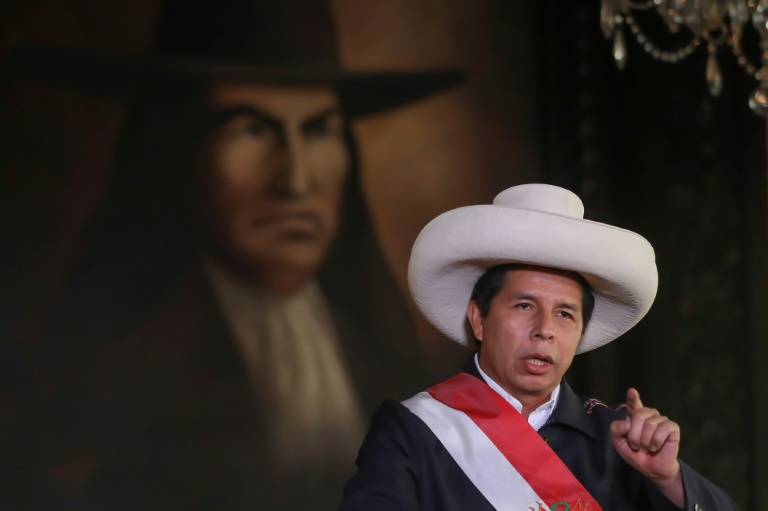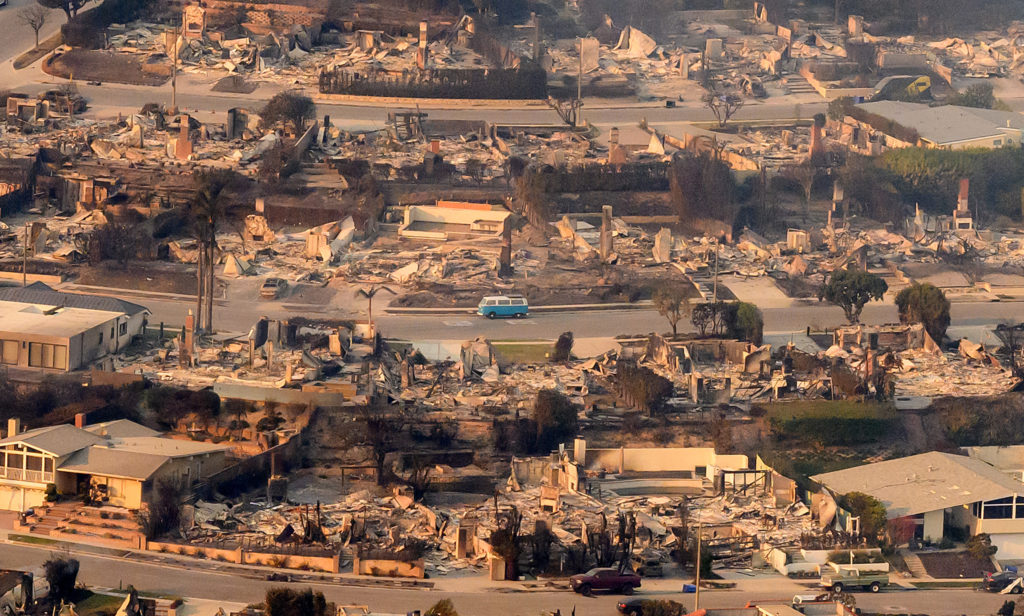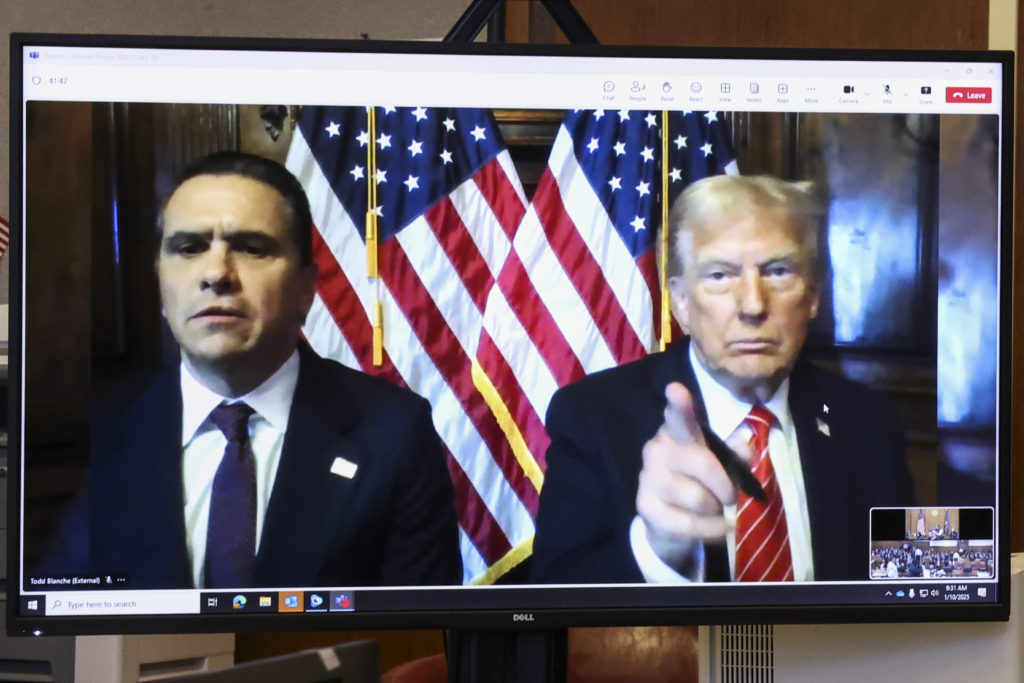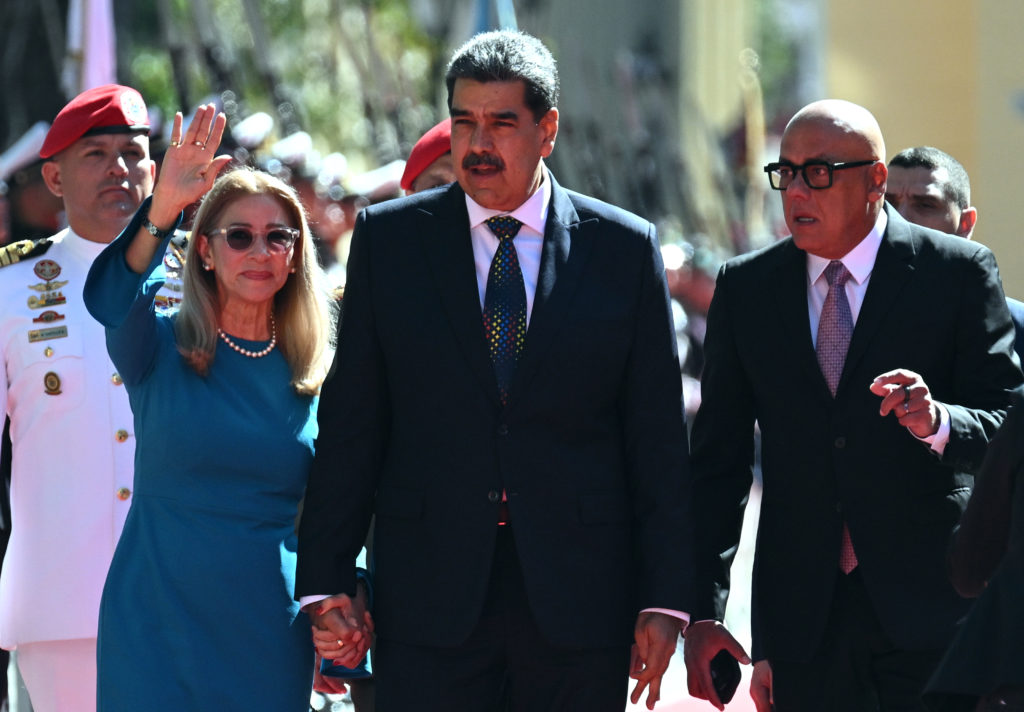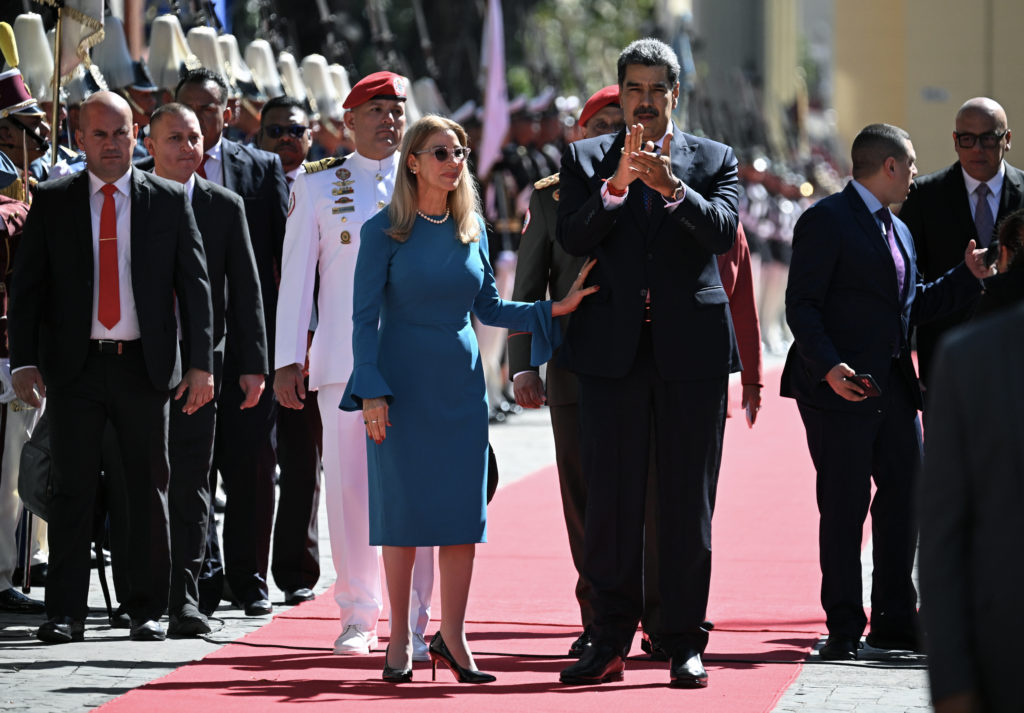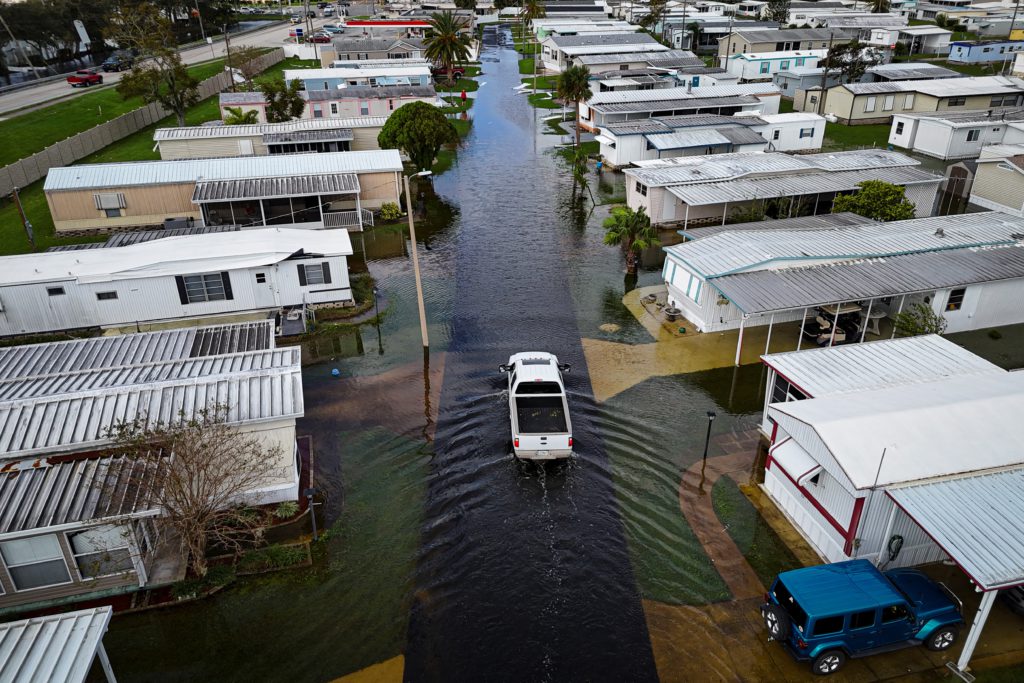Peru’s opposition-dominated congress on Monday voted in favor of a motion to debate whether or not to impeach leftist President Pedro Castillo.
It is already the second time Castillo, a former rural school teacher, has faced such a vote in just seven months in office.
Similar moves resulted in former presidents Pablo Kuczynski (in 2018) and Martin Vizcarra (2020) leaving office.
“The motion (to debate) was admitted,” said Congress president Maria del Carmen Alva, an opposition legislator.
The motion was passed by 76 votes for, with 41 against and one abstention.
The debate could take place as early as Friday.
In December, Congress voted against opening an impeachment process.
The latest motion was presented by 50 legislators from right wing parties Popular Renovation, Country Advances and Popular Force, with support from other groups.
The opposition accuses Castillo of “moral incapacity” but will have a hard job securing the 87 out of 130 votes needed to remove him from office.
“The president must immediately explain to the country his repeated misconduct,” said conservative legislator Jorge Montoya, a retired general.
Waldemar Cerron, from Castillo’s Free Peru party, said Congress was “wasting time” with these debates.
Free Peru has 37 legislators and could almost block the motion on its own.
Castillo, 52, has been hurt by corruption scandals among his inner circle and his rejection rating is at 66 percent, although that is not as bad as the 70 percent rejection rating of Congress, according to pollsters Ipsos.
The opposition also accuses Castillo of “treason” for saying he was open to a referendum on allowing landlocked neighbor Bolivia access to the Pacific Ocean.
“The treason accusation makes no sense. They are trying to find any way possible to topple the Castillo government,” said political scientist Fernando Tuesta.
“They don’t have enough votes to force him out, there aren’t even any street protests demanding that he quit.”
Castillo has received support from fellow leftist governments in Latin America while the Inter-American Commission on Human Rights criticized the charge of “moral incapacity” saying that there was “no objective definition” of it.
This is the sixth time since 2017 that Peru’s congress has filed a motion to impeach a sitting president.
Kuczynski resigned in 2018 before he could be impeached, while Vizcarra’s removal in 2020 sparked street protests and a spell of three different presidents in just five days.
The security forces response to the protests left two dead and hundreds injured.
Castillo has faced a number of different crises since assuming power in July 2021 and has had to change his cabinet three times already.

